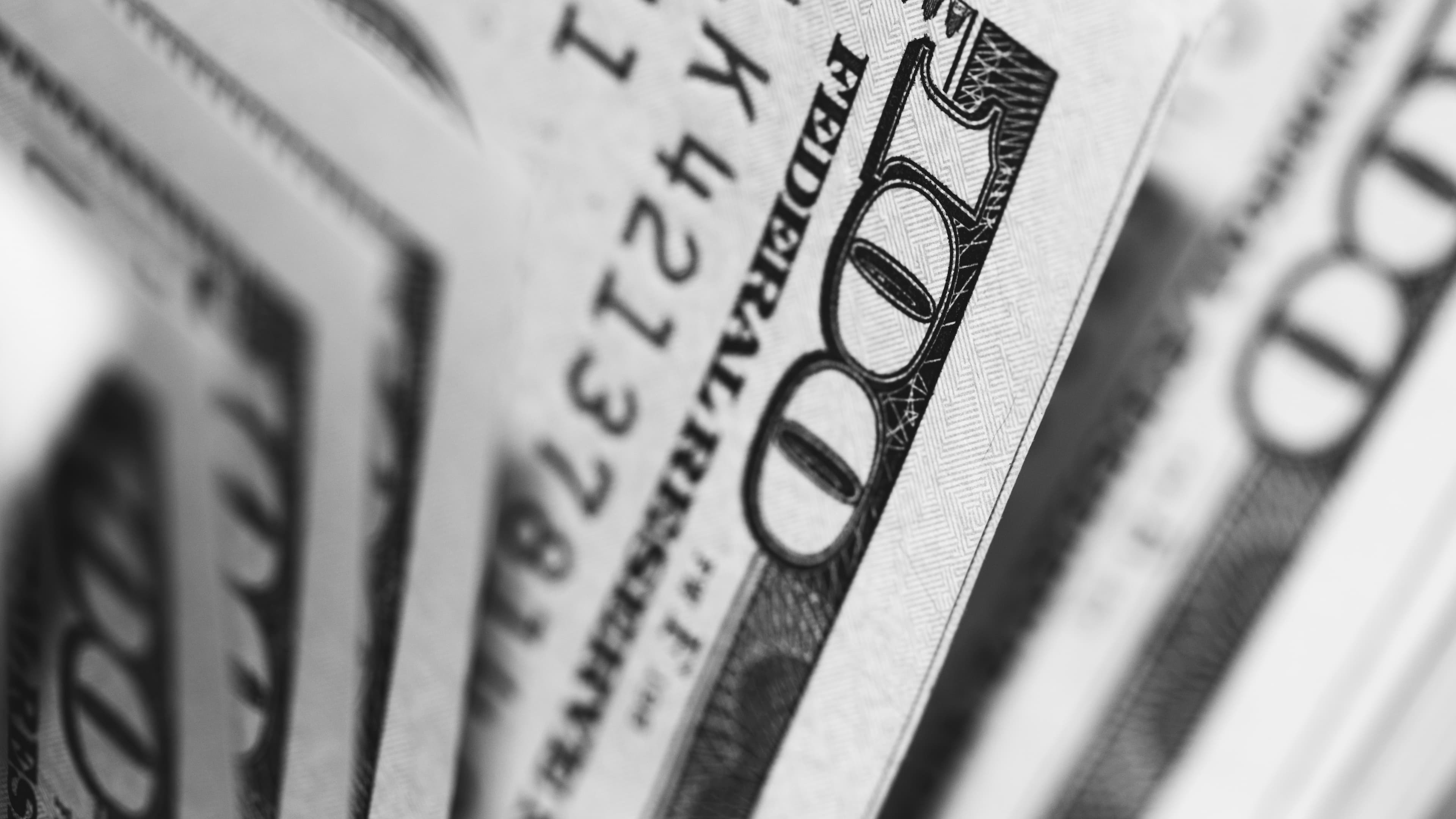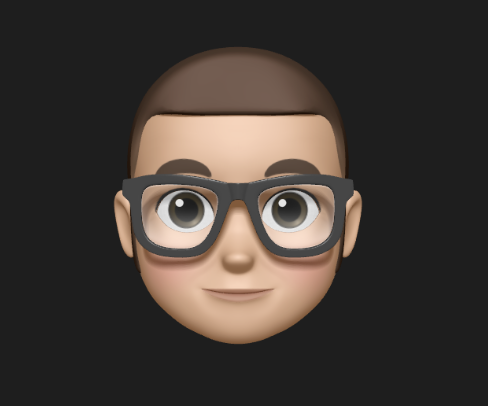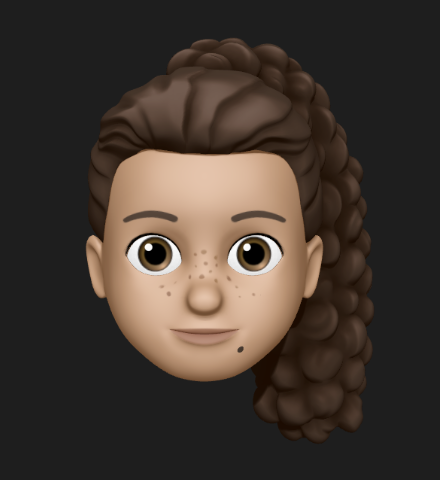 Your Money
Your Money Where to Buy Dollars in Mexico and Which Is the Best Place?
Besides banks and exchange houses, there are other ways to get the best dollar exchange rate today. Discover what they are in this post.



While digital payments and transfers have gained popularity, other reliable methods for sending money still exist. One lesser-known option is the money order, which allows millions of people to send funds securely.
But what is a money order? How does it actually work? Where can you send one? We answer all these questions in this article, along with the pros, cons, and different types of money orders available.
A money order in Mexico is a service that allows you to send money from one location to another. Unlike a bank transfer, you do not need to have an account with a financial institution.
Even so, it is a secure system that ensures the recipient can collect the sent amount at an authorized location.
The process is simple, similar to a personal check.
To begin, the sender goes to an authorized office and purchases the money order, then delivers it to the recipient. The recipient can then cash it, deposit it into a bank account, or exchange it at a location that accepts money orders.
Money orders are used to make payments without needing a bank account.
Some of their most common uses include:
Bill Payments: Useful for those who do not have a checking account or prefer to avoid electronic payments. Many utility companies, landlords, and suppliers accept them as a reliable payment method.
Secure Purchases: They can be used to buy goods and services, such as online marketplace purchases or high-value items like furniture or appliances.
Sending Money Abroad: Some people use money orders for international transfers. However, costs for these transactions are usually higher than for domestic transfers.
This service is mainly used to send money to people who do not have access to bank accounts.
According to the Mexican postal service, now known as Correos de México, there are two types of money orders available for domestic money transfers:
Ordinary Money Order: Allows money transfers between different locations via the postal network. The fee is 3.91 MXN, plus a 3% charge on the money order value.
Reimbursement Money Order: Used for payments in purchase-sale transactions within the postal network. The cost is the same (3.91 MXN), but instead of a 3% fee, a 4% charge applies to the money order value.
Both types of money orders include VAT in their prices.
The Money Order Mexico service remains an option for those who want to send and receive money without using banks or digital apps.
For this reason, Correos de México offers the service nationwide. The sender can send money to another post office or a bank account through a process that is usually quick. However, visiting a post office may involve waiting in line.
Rates vary depending on the amount sent.
An international money order, on the other hand, allows money transfers to other countries. In this case, it is essential to research which locations offer the service and the list of available destinations.
A money order in Mexico can be purchased at Correos de México offices for domestic transfers. However, for international money orders, other options are available:
Banks such as Scotiabank offer bank drafts for payments outside of Mexico.
Money transfer companies like Western Union, thanks to their extensive global network of branches.
Some convenience stores and pharmacies that work with remittance companies.
In general, money orders can be purchased at postal services, specialized companies, or banks.
To send an international money order from Mexico, requirements usually include:
A valid official ID (INE, passport, or professional license).
Filling out a form with the recipient's details, including their full name and address (depending on the service used).
The amount to be sent.
A payment method (cash, debit, or other).
Payment of the service fee, which varies based on the destination and amount sent.
It is advisable to check with the postal office beforehand to confirm if the destination country is included in the postal money order network. Also, verify the current exchange rate, transfer limits, and delivery times before proceeding.
The process varies depending on the company, but let’s look at an example using Western Union:
In the “Pay to the order of” field, you must write the full name of the person or company that will receive the money.
Make sure that the information is correct, since after processing it cannot be modified, which tends to generate delays.
In the “sender” section, enter your full name and mailing address. Some entities ask only for the name, but Western Union usually requires the address as well.
Use your legal information correctly.
It is important that you sign in the space provided.
In your case, as the buyer, it is the front of the money order. While the reverse side is left blank for the recipient to sign when he/she cashes it.
Drafts include a space to add a message or reference to the payment, such as the reason for the transaction or an invoice number. While not required, it can be useful for your records.
If you are sending it by mail, consider using a service with a tracking number to make sure it arrives safely.
By following these steps, the recipient will be able to cash the money order without hassle at any authorized Western Union office.
Like any payment system, money orders have benefits and limitations to consider before using them.
Pros | Cons |
Does not require a bank account, making it accessible to both the sender and recipient. Provides greater security compared to sending cash. Ensures availability, allowing the recipient to cash it immediately at an authorized location. Allows tracking and reimbursement in case of loss or fraud. Can be cheaper than a traditional bank transfer. Suitable for domestic and international transactions. | Must be purchased in person. The money can take several days to reach the recipient. There is a risk of fraudulent money orders despite security improvements. Costs may be higher for international transfers. |
While money orders remain useful for those who prefer not to rely on banks, it is crucial to evaluate their delivery times and costs.
Money orders will continue to be useful, but there are more and more innovative methods on the market. Now you can receive or send money to the United States cheaply through faster and more efficient alternatives.
And, of course, DolarApp is one of them. Not only can you complete transactions quickly and securely, but you also don’t have to worry about hidden fees.
With DolarApp, you can send money with a standard fee of 3 USDc per transaction. You can also receive funds and convert them to pesos at a competitive and transparent exchange rate. Simply link your MXN account in the app and start the process.
If you need to send or receive digital dollars without excessive conversion fees, DolarApp is the solution you need.
In Mexico, the maximum limit for a domestic money order is 14,000 MXN per transaction. For larger amounts, it is necessary to make multiple money orders, respecting the restrictions of Correos de México.
No, Correos de México only allows money orders within Mexico. If you want to send an international money order, you will have to opt for remittance services, for example, Western Union. You can also make bank transfers or use platforms such as DolarApp.
As the beneficiary, you need to present an official ID (passport, INE, postal identity card). As well as the security code that is generated when you start the process to withdraw the money in cash or deposit it in your account.

The world has borders. Your finances don’t have to.
 Your Money
Your Money Besides banks and exchange houses, there are other ways to get the best dollar exchange rate today. Discover what they are in this post.

 Your Money
Your Money Why do businesses charge a fee for paying with a card in Mexico? In this article, we explain why, whether it is legal, and what you can do as a customer.

 Your Money
Your Money Pix payments let you transfer money from your phone by scanning a QR code. Here's what you need to know if you want to use it in Brazil.


